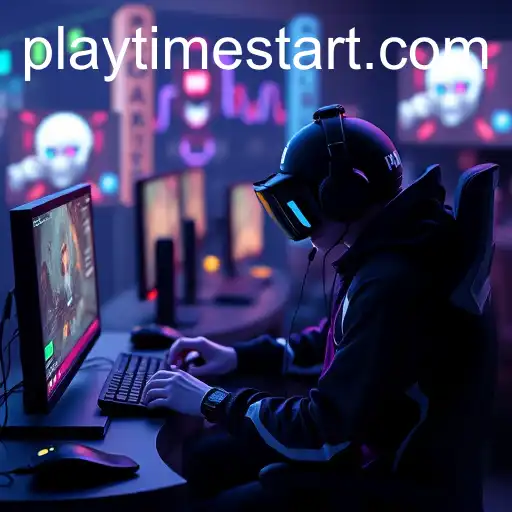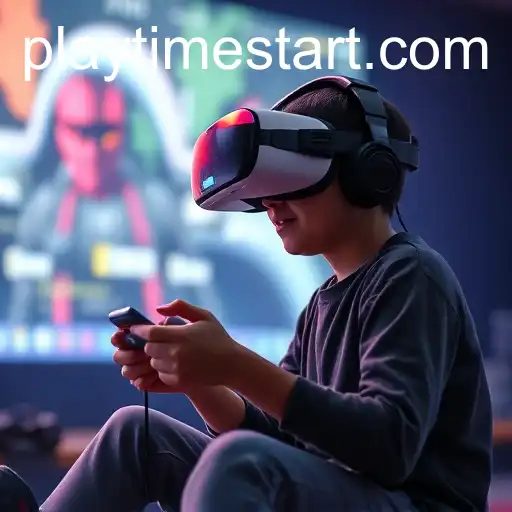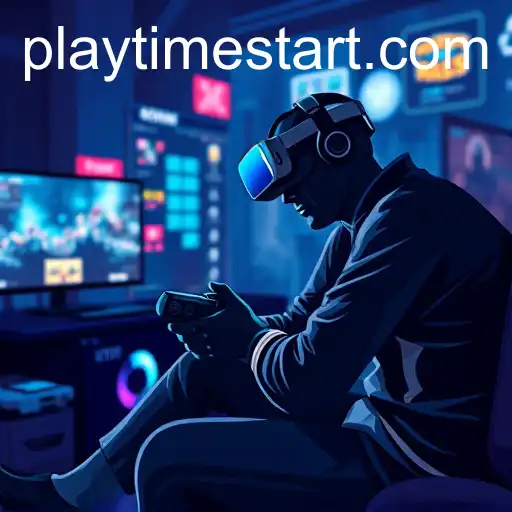
The Role of Educational Games in Enhancing Learning Through Playtime

In recent years, educational games have become an increasingly popular tool for both educators and parents seeking to enhance learning through engaging and interactive methods. This innovative category of gaming leverages the innate playfulness of children to impart knowledge and develop critical thinking skills. The concept of 'playtime' has traditionally been associated with leisure and recreation, but educational games have redefined it by making it a valuable component of the learning process.
Playtime, traditionally a break from structured educational activities, is now being interwoven into the educational frameworks to deliver content in a way that aligns with modern-day learning strategies. These games are designed to cater to a wide range of subjects, including mathematics, science, languages, and history, making them a versatile tool in the educational arsenal.
One of the key benefits of educational games is their ability to foster a sense of curiosity and exploration. By presenting information within a game-based context, students are encouraged to actively participate and solve problems, thereby acquiring knowledge more effectively. Additionally, these games often incorporate elements of storytelling, which can help in retaining attention and ensuring that students remain engaged for longer periods.
Furthermore, educational games provide immediate feedback, allowing learners to understand and correct their mistakes in real-time. This instant feedback loop not only enhances learning but also builds confidence, as students are able to track their progress and achievements. The gamification of learning thus has the potential to transform passive learners into active participants.
Moreover, with the advent of technology, educational games can be customized to suit different learning paces and styles. Adaptive learning technologies can analyze the strengths and weaknesses of individual students and adjust the difficulty level of the games accordingly. This personalized learning experience ensures that students are neither bored with overly simple content nor overwhelmed with challenges that are beyond their current capabilities.
Educational games also promote collaboration and social interaction. Multiplayer games and group challenges encourage students to work together, thus developing team-building skills and communication abilities. In a classroom setting, such games can create a dynamic environment where students are excited to collaborate and compete in a healthy manner.
In conclusion, educational games are proving to be a powerful educational tool that combines entertainment with learning. By utilizing playtime as a vehicle for education, these games have the potential to revolutionize traditional learning methods. As technology continues to advance, it is likely that educational games will become an integral part of the education system, offering new and exciting ways for students to learn and grow.
The Evolution of Online Gaming in 2026

As online gaming continues to grow, the dynamics in playtime, community interaction, and technology advancements lead to a reshaped digital landscape.
2026-01-14
The Rise of Online Gaming: Trends and Insights

Exploring the evolving landscape of online gaming and its cultural impact in 2026.
2026-01-12
The Evolution of Playtime: From Classics to Virtual Realms

Exploring how the concept of playtime is transforming in the digital age, combining traditional and modern gaming experiences.
2026-01-11
The Future of Online Gaming Unveiled

Exploring the evolution of online gaming and its impact on cultural and social dynamics.
2026-01-10






